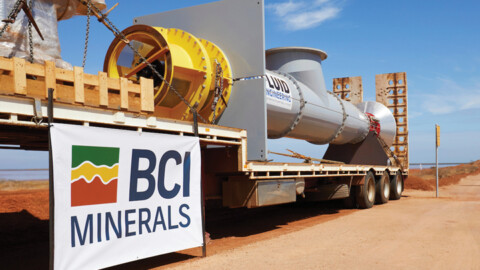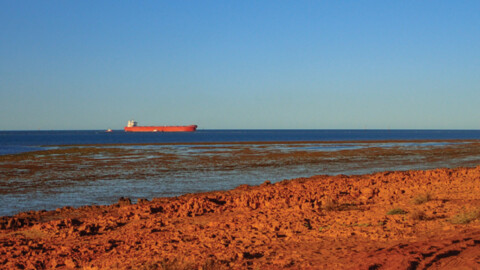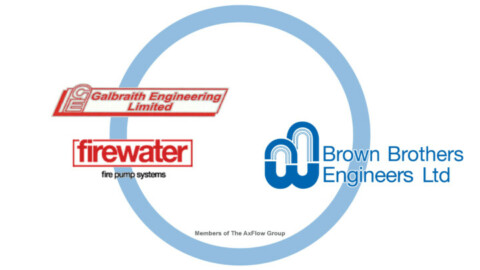The WA Government has announced it will not permit hydraulic fracturing over 98 per cent of the state and, for the first time, will give traditional owners and farmers the right to say no to oil and gas production from fraccing on their land.
The State Government will only lift the fraccing moratorium on existing onshore petroleum titles, following an independent scientific inquiry finding the risk to people and the environment is low.
Under new, strict controls, fraccing can only be approved on land covered by existing exploration and production licences, or about two per cent of the state.
As promised, fraccing will continue to be banned in Perth, Peel and south-west WA. Existing and proposed national parks, the iconic Dampier Peninsula in the Kimberley and Public Drinking Water Source Areas will also be declared off limits.
The specific boundaries covering the Dampier Peninsula ban will be developed in consultation with the local community.
Royalties from any unconventional onshore oil and gas projects will be used to support new renewable energy projects via a special Clean Energy Future Fund, with a $9 million seed allocation.
The royalty rate for unconventional oil and gas will increase to ten per cent — the same rate that applies to conventional petroleum production.
The 12-month independent inquiry by Environmental Protection Authority chairperson, Dr Tom Hatton, made 44 recommendations. Major changes to the existing regulatory regime include:
- No fraccing to be allowed within 2km of gazetted Public Drinking Water Source Areas
- All fraccing projects, including exploration and production wells, to require EPA assessment
- The development of an enforceable Code of Practice to ensure high standards of health, safety and environmental protection
- No fraccing allowed within 2km of towns, settlements or residents
The State Government will implement all of the inquiry’s recommendations before any fraccing production approvals are granted.
WA Premier, Mark McGowan, said, “We’re introducing new world-class strict controls to regulate the industry in other parts of the state, following the findings of an independent scientific inquiry.
“Banning fraccing on existing petroleum titles after the scientific inquiry found the risk from fraccing is low, would undermine Western Australia’s reputation as a safe place to invest and do business.
“At the same time, it is crucial that the industry demonstrates that it has the support of landowners, who, for the first time, will be able to say yes or no to any fraccing production on their land.
“This is a balanced and responsible policy that supports economic opportunity, new jobs, environmental protection and landowner rights.”
Minister for Mines and Petroleum, Bill Johnston, said, “Western Australia has a long history of safe and responsible oil and gas operations and is a world-class industry regulator.
“The report demonstrates that the risks associated with fraccing are minimal and can be safely managed under this balanced policy.”
Minister for Environment, Stephen Dawson, said, “Greenhouse gas emissions are an important issue for Western Australians. We will embark on renewed action on emissions. Gas is part of the transition to a clean energy future, with emissions from gas much lower than other baseload power production.
“With the new strict controls in place and the establishment of a Clean Energy Future Fund, we’re setting up our state for the long term, and a transition to renewables.”
















